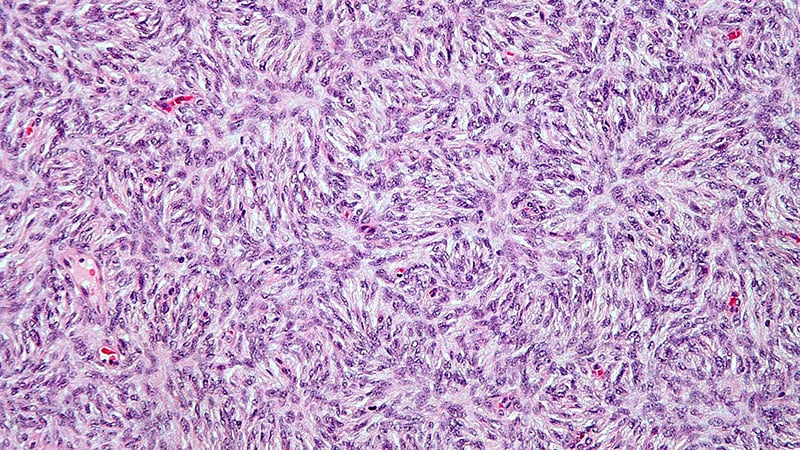IgG4-Related Disease Trends and Mortality Risk in the US
מושגי ליבה
IgG4-Related Disease incidence and prevalence have risen in the US, with a higher risk of death associated with the condition.
תקציר
The study analyzed IgG4-Related Disease trends in the US from 2015 to 2019, highlighting a significant increase in both incidence and prevalence. The study emphasized the higher risk of death associated with IgG4-RD compared to those not affected. The research also revealed a shift in the demographics of the disease, with more cases reported in women than previously thought. The study calls for increased awareness among clinicians and the need for further research to improve patient outcomes and survival rates.
התאם אישית סיכום
כתוב מחדש עם AI
צור ציטוטים
תרגם מקור
לשפה אחרת
צור מפת חשיבה
מתוכן המקור
עבור למקור
www.medscape.com
Study Shifts Burden of IgG4-Related Disease to Women
סטטיסטיקה
The overall US incidence of IgG4-Related Disease was 1.2 per 100,000 person-years from 2015-2019.
The prevalence of IgG4-RD increased by 122% from 2015 to 2019.
Mortality rate for patients with IgG4-RD was 3.42 per 100 person-years, showing a 2.5-fold higher risk of death compared to those without the condition.
ציטוטים
"Clinicians across specialties should be aware of IgG4-RD given the incidence, prevalence, and excess risk of death associated with this condition."
"Additional studies are urgently needed to define optimal management strategies to improve survival."
תובנות מפתח מזוקקות מ:
by Richard Fran... ב- www.medscape.com 05-10-2023
http://www.medscape.com/viewarticle/991775
שאלות מעמיקות
What are the potential implications of the increased incidence and prevalence of IgG4-Related Disease in the US?
The increased incidence and prevalence of IgG4-Related Disease in the US have several potential implications. Firstly, it indicates a growing awareness of the condition among healthcare providers, leading to more accurate diagnoses and potentially earlier interventions. This can result in improved outcomes for patients with IgG4-RD. Secondly, the rise in cases may necessitate the development of specialized treatment centers or guidelines to ensure optimal management of the disease. Additionally, the higher risk of death associated with IgG4-RD underscores the importance of further research to identify effective management strategies and improve survival rates.
How might the shift in demographics of IgG4-RD impact the diagnosis and treatment of the condition?
The shift in demographics of IgG4-RD, with a higher incidence and prevalence among women compared to previous studies that indicated a majority of male patients, can impact the diagnosis and treatment of the condition in several ways. Healthcare providers need to be aware of this shift to avoid potential biases in diagnosis and ensure that both male and female patients are equally considered for screening and treatment. Understanding the demographic differences can also lead to tailored treatment approaches that account for potential variations in disease presentation or response to therapy between genders. Additionally, this demographic shift highlights the importance of considering diverse patient populations in clinical research and guideline development to ensure equitable access to care for all individuals affected by IgG4-RD.
How can the findings of this study contribute to broader discussions on healthcare disparities and outcomes?
The findings of this study on IgG4-Related Disease can contribute significantly to broader discussions on healthcare disparities and outcomes. By highlighting the differences in incidence, prevalence, and mortality rates among different demographic groups, the study underscores the existence of disparities in the diagnosis and management of immune-mediated conditions. These findings can prompt further research into the underlying factors contributing to these disparities, such as access to healthcare, socioeconomic status, or genetic predispositions. Addressing these disparities can lead to more equitable healthcare outcomes for all patients, regardless of their gender or racial background. Additionally, the study emphasizes the need for healthcare providers to be vigilant in recognizing and addressing healthcare disparities to ensure that all patients receive timely and appropriate care for conditions like IgG4-RD.
0
